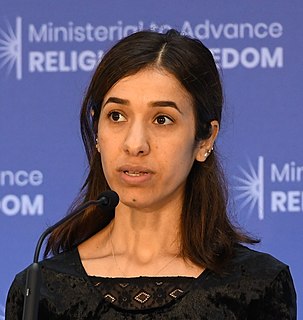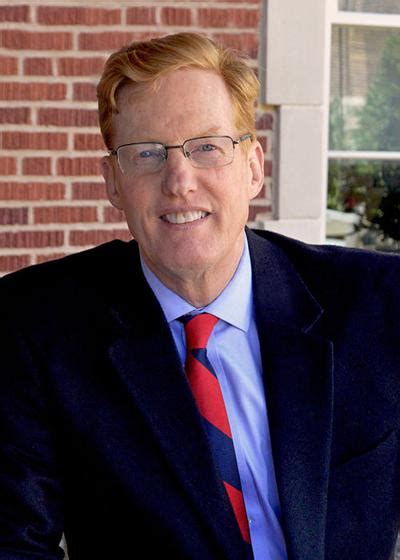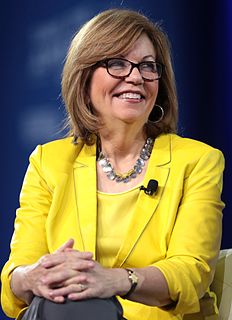A Quote by Patrick Cockburn
There are sort of Kurdish districts there in Mosul, or there used to be, but the Kurds mostly fled or were driven out. The same is true of the Christians.
Related Quotes
The problem of ISIS is not recent. Ever since the Second World War, people in this region have been, and are today, living under brutal dictatorships governed by nationalistic fervor. As for the Kurdish question: nobody from the Arab world is serious about fighting ISIS. It's only the Kurdish people who are standing firm against ISIS. And I think Europe, the United States, and most other democratic countries of the world are beginning to look at the Kurds in another way. The Kurds are really becoming their partners in the region.
I do believe that the Kurds are in a difficult situation. They do have some American support. How consistent that will be is unclear. But they have built up a strong military, and they have begun to build the institutions of an autonomous life in Northern Syria. Turkey's enmity towards the Kurds and their desire to make sure there is no independent Kurdish state or even really autonomous enclave is going to push the Kurds into Bashar Assad's hands over time.
The biggest problem I have with the stupidity of our foreign policy, we have Mosul. They think a lot of the ISIS leaders are in Mosul. So we have announcements coming out of Washington and coming out of Iraq, we will be attacking Mosul in three weeks or four weeks. Well, all of these bad leaders from ISIS are leaving Mosul. Why can't they do it quietly?
By very conservative estimates, Turkish repression of Kurds in the 1990s falls in the category of Kosovo. It peaked in the early 1990s; one index is the flight of more than a million Kurds from the countryside to the unofficial Kurdish capital, Diyarbakir, from 1990 to 1994, as the Turkish army was devastating the countryside.
The Kurds know that they won't achieve their own state by force of arms but through international recognition. And they have certainly heard what the German foreign minister said in connection with the arms deliveries: There is no Kurdish state. But that shouldn't prevent the Kurds from continuing to develop their own institutions. Still, the best thing for them would be to remain a part of Iraq, but in return we must treat them with respect - their nationality, their language and their culture.
There was a time when Istanbul was one of the safest cities in the world, because people were afraid of the police. People are no longer as afraid of the police as they used to be. Mugging used to be almost unknown; now everybody is afraid of mugging. In that sense, the downside of liberalization is already being felt in Turkey. And of course some people are afraid of Kurdish ethno-terrorism, which worries Turks very much more than the religious sort.
The thing that is different I think from the years ago, when I was covering the shutdown at the Clinton White House. Then, it was a different political landscape. At that point, a third of House Republicans in the 1995 shutdown were in congressional districts that had been won by Bill Clinton. 7 percent of House Republicans are in congressional districts that were won by Barack Obama shows you how much more partisan the whole country is. A lot of the bridges that used to be used to reach a deal when you needed to reach a compromise have been blown up in the past years.



























